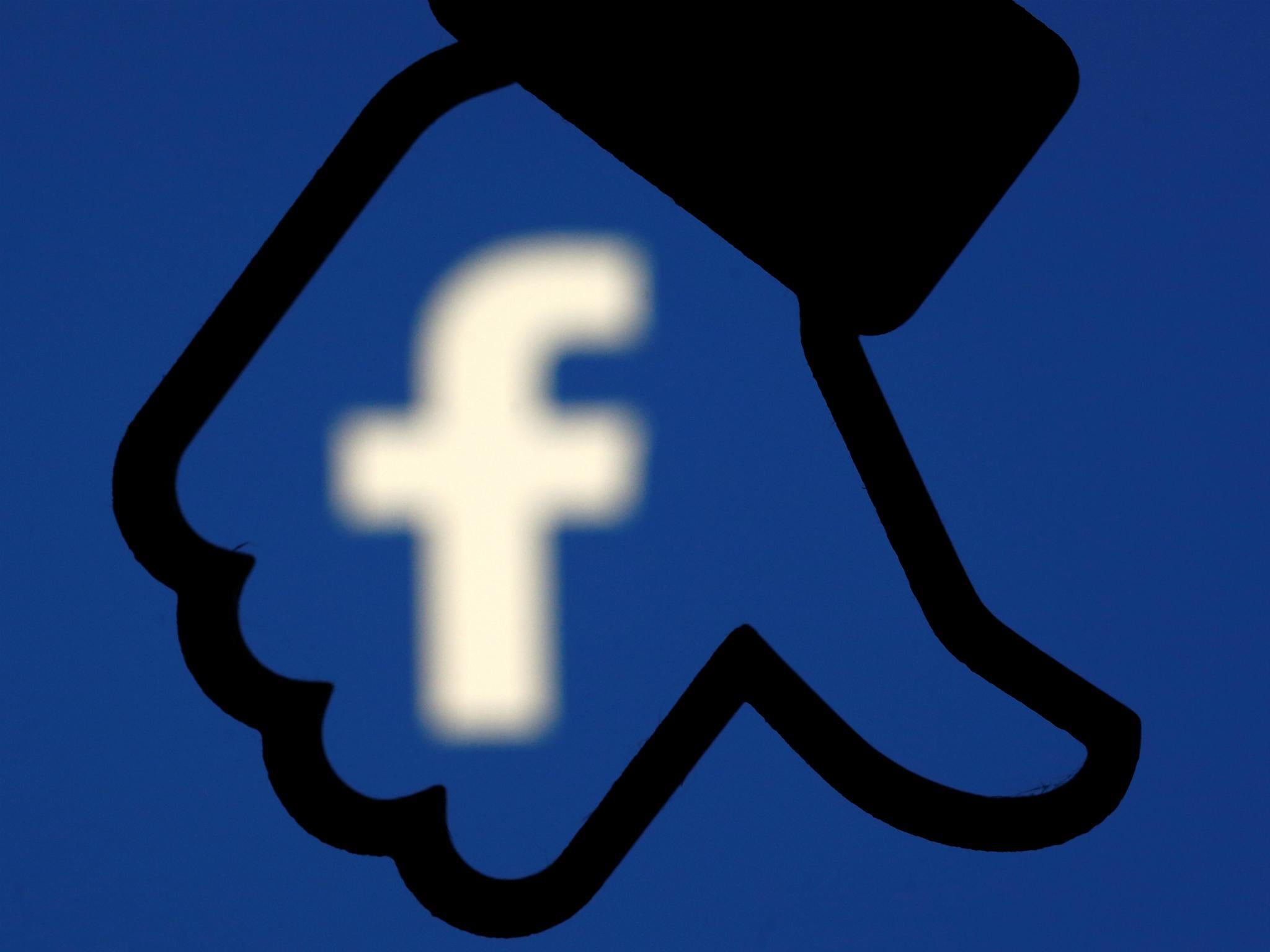Facebook makes drastic, confusing changes to its Snapchat clone in desperate bid to make people use it
'Some people actually thought these experiences were already connected'

Your support helps us to tell the story
From reproductive rights to climate change to Big Tech, The Independent is on the ground when the story is developing. Whether it's investigating the financials of Elon Musk's pro-Trump PAC or producing our latest documentary, 'The A Word', which shines a light on the American women fighting for reproductive rights, we know how important it is to parse out the facts from the messaging.
At such a critical moment in US history, we need reporters on the ground. Your donation allows us to keep sending journalists to speak to both sides of the story.
The Independent is trusted by Americans across the entire political spectrum. And unlike many other quality news outlets, we choose not to lock Americans out of our reporting and analysis with paywalls. We believe quality journalism should be available to everyone, paid for by those who can afford it.
Your support makes all the difference.Facebook has merged Facebook Stories and Messenger Day, in a move that solves some issues but ultimately heightens confusion around the company’s strategy.
The two features, both Snapchat Stories clones, were almost identical, but lived in separate apps.
They’ve now been replaced by Stories. However, this works slightly differently on Facebook to how it does on Messenger.
Messenger Day and Facebook Stories both launched in March, just weeks apart, but both of the features flopped, despite being heavily promoted and prominently placed within the two apps.
The company never revealed how many users Facebook Stories had, but in September it said Messenger Day had 70 million. At the same time, Instagram Stories and WhatsApp Status had 300 million users each.
The arrangement was strange right from the start, and Facebook has admitted that users didn’t know of or why the two features were separate.
“We needed to make it easier for people to share Stories across different apps,” Facebook product manager Connor Hayes told TechCrunch. “Some people actually thought these experiences were already connected.”
Stories posts the same picture or video, which automatically disappears after 24 hours, on both Facebook and Messenger.
What’s more, if someone watches your Story on one of the apps, Facebook and Messenger will sync that data, so you’ll see that the same person has viewed your Story on the other app too.
It’s how Stories should have worked from the beginning.
“We heard from people that they would often share on Facebook or Messenger, save the photo or video, and then post to the other,” said Facebook.
“Now, it's quicker and easier to capture and share moments as they happen with the people you care about most!”
However, despite Stories on Facebook and Messenger now being unified, Facebook has decided against synchronising effects, with the Facebook app offering different Stories effects to the Messenger app.
Facebook will focus on augmented reality masks and effects, while Messenger will place more of an emphasis on captions and text effects.
To add to this new confusion, you’ll now also be able to add to collaborative Stories for Groups, Events and Pages through the Facebook app. However, this option won’t be available in Messenger.
Furthermore, Facebook has decided to kill off Direct, a feature that allowed you to send people self-destructing messages.
However, you’ll still be able to reply to people’s Stories and send Facebook Camera messages, but this will all be done through Messenger.
There’s a lot to get your head around, and it wouldn’t be surprising to see Facebook make further drastic changes in the near future if these end up creating yet more confusion and still fail to get people using Stories.
Join our commenting forum
Join thought-provoking conversations, follow other Independent readers and see their replies
Comments